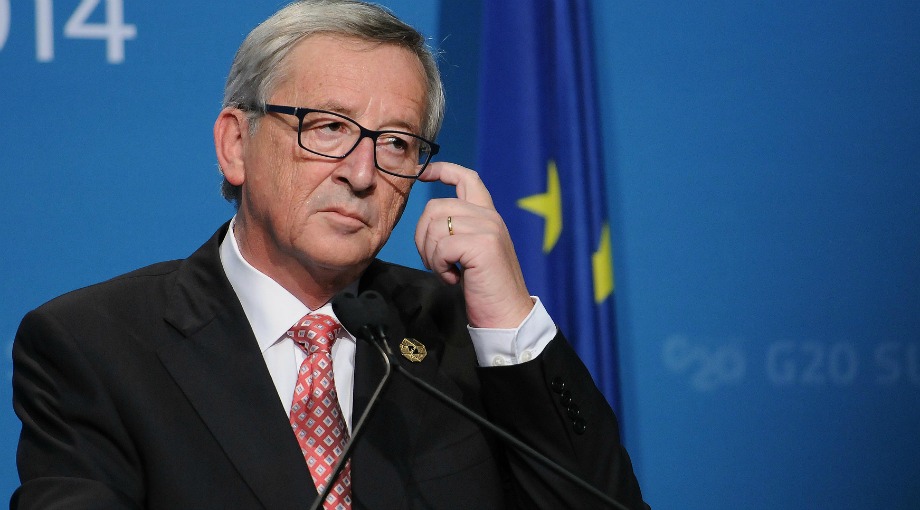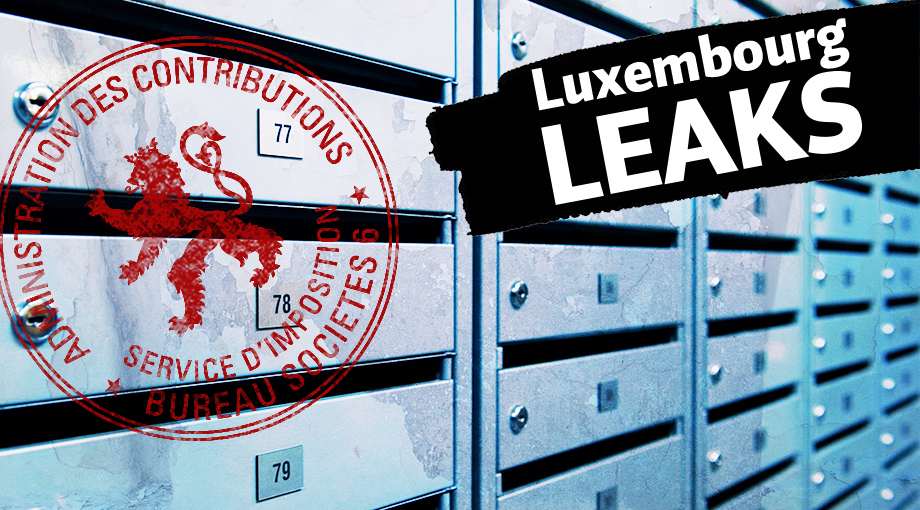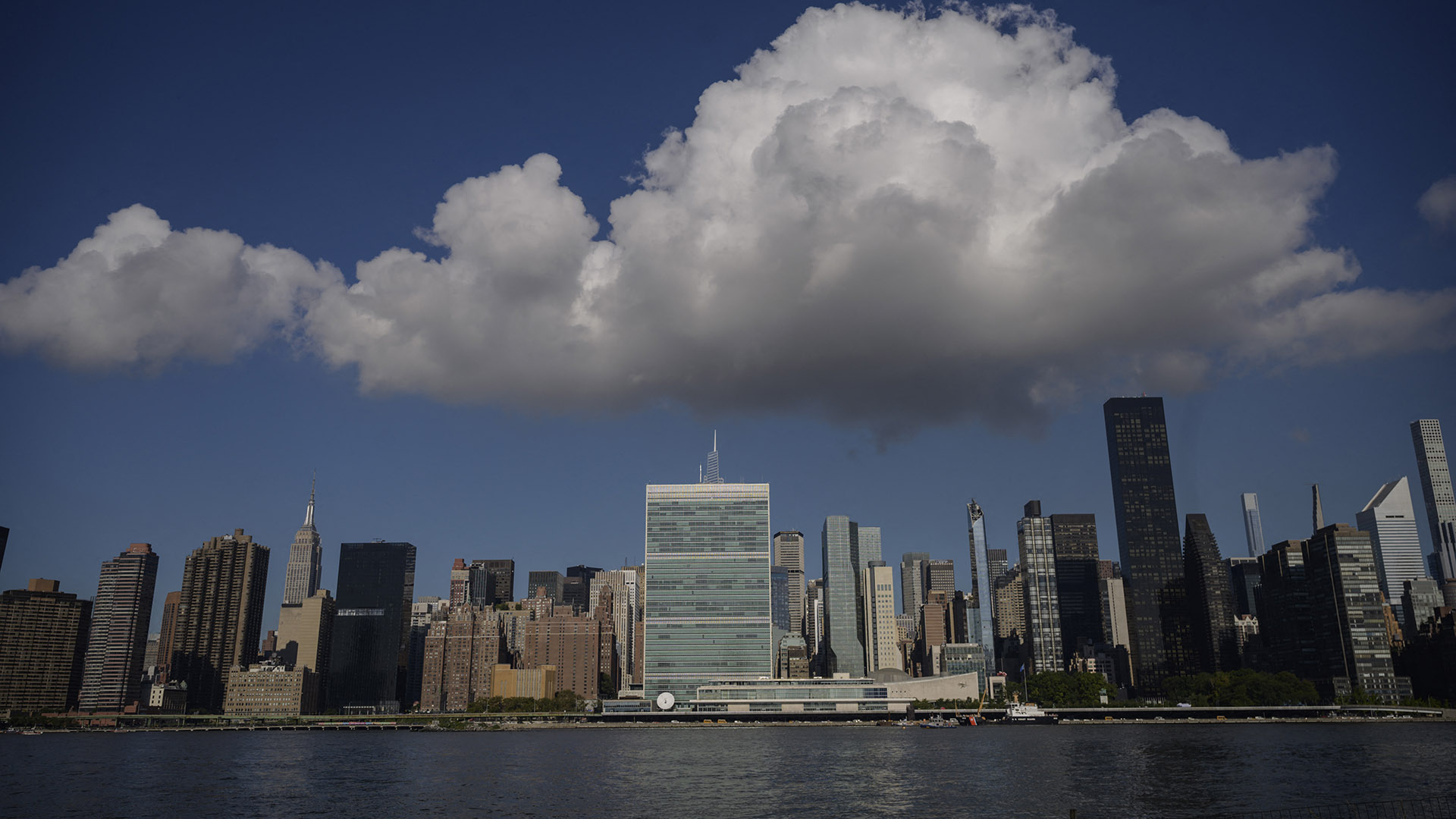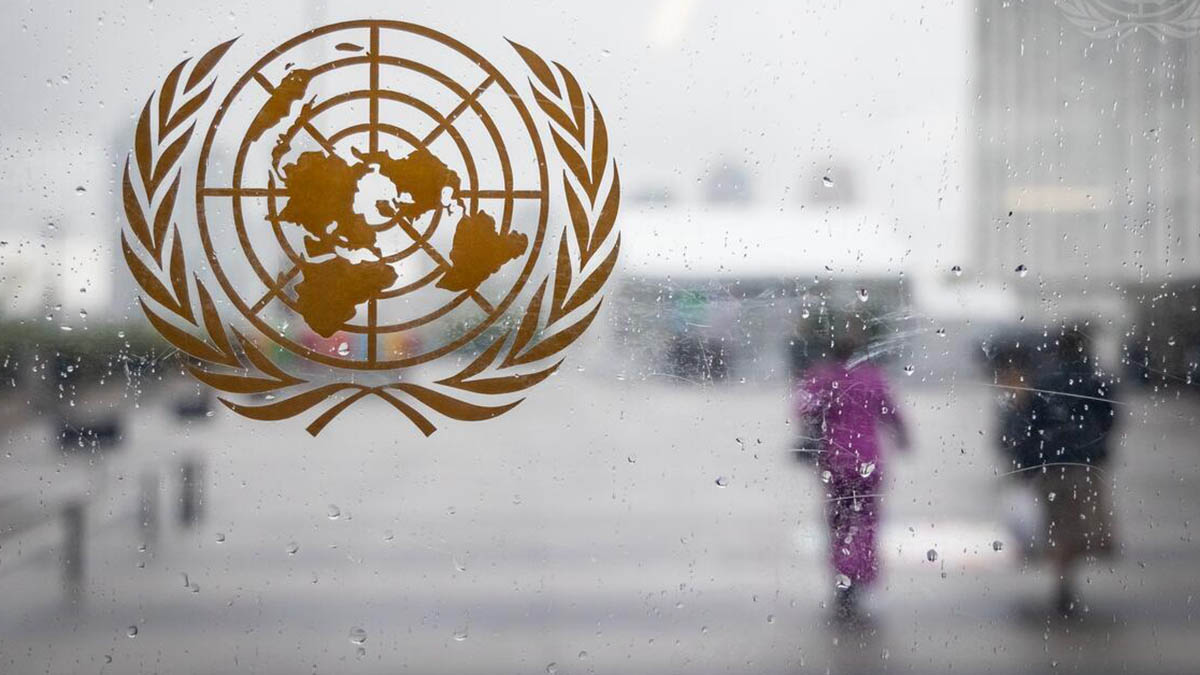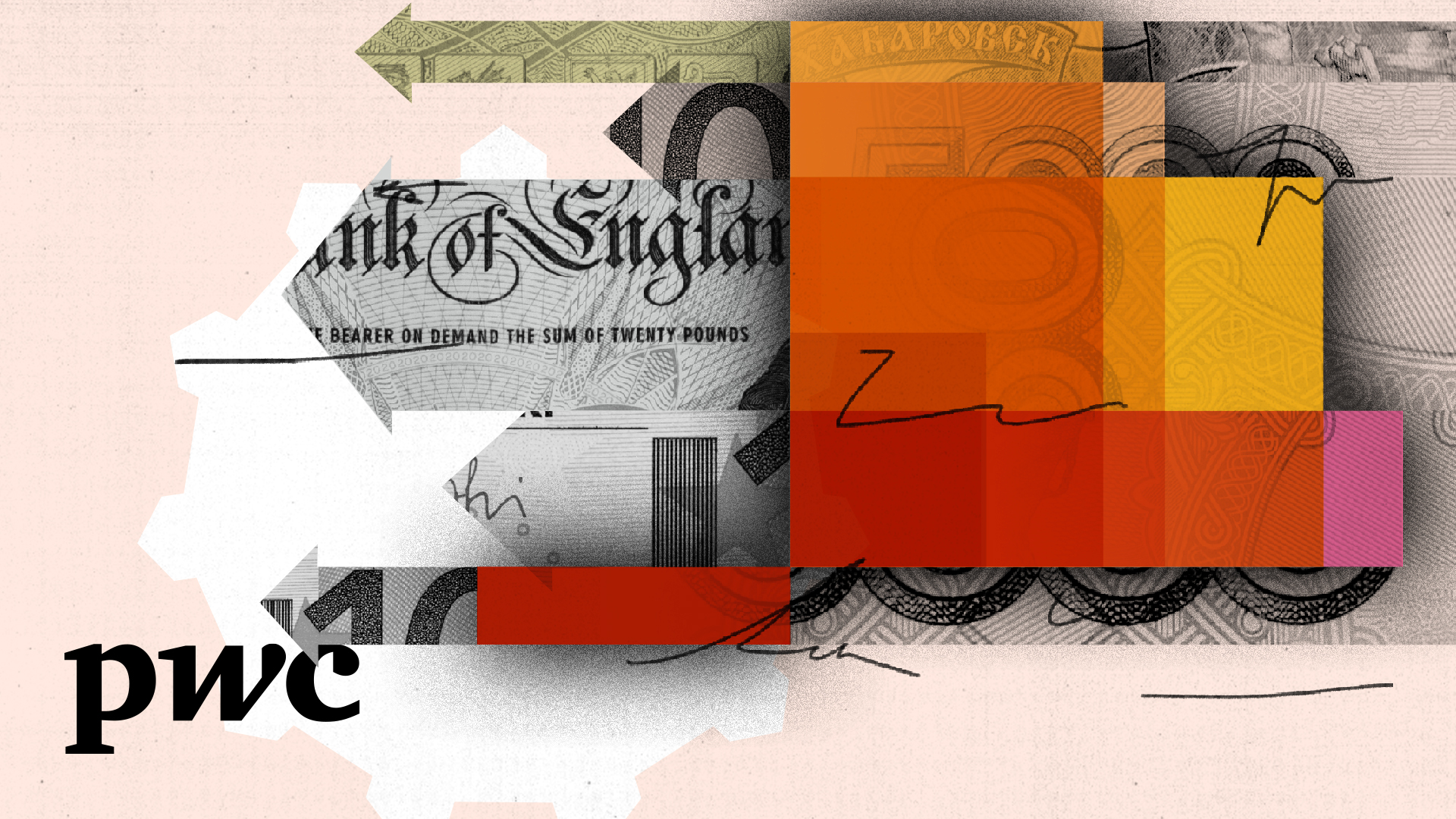Jean-Claude Juncker was met with more questions about his position at the head of the European Commission and Luxembourg’s tax policies when he arrived at the G20 leaders’ summit in Australia over the weekend.
Juncker’s position has been under pressure since ICIJ and its media partners published a trove of leaked Luxembourg tax rulings that reveal how more than 300 multinational companies shuffle profits through the tiny European Duchy to drastically reduce their tax bills.
He arrived at the G20 summit in Brisbane over the weekend pledging to lead reform of tax policy in Europe, but still facing questions over his part in Luxembourg’s own tax practices during his 19 years as the tiny Duchy’s prime minister.
At a brief first media appearance in Australia Juncker was asked just two questions: one came from a Financial Times reporter asking whether Juncker thought Luxembourg was “picking people’s pockets” with their tax policies; the other questioner asked whether Juncker thought he should step aside over the ‘Lux Leaks’ revelations.
Juncker responded with comments about discrepancies between national tax legislations that allowed the situation to exist, and pledged again to push for action on the issue, but did not address his role in Luxembourg’s own tax policies.
“Tax evasion sometimes happens because of the interaction between very divergent national tax rules in accordance with the law. You can create the situation, the result is a very low taxation of companies. This has to be avoided,” he said.
“What we are intending now is not a full-fledged tax harmonization on each and every detail, but eliminating from our national tax legislations the open gates for tax evasion … I’m in favour of tax competition but I’m also in favour of a fair tax competition in Europe.”
Tim Costello, the head of the Civil Society 20 (C20), an independent international civil society group who engage with the G20, questioned Juncker’s ability to lead true tax reform given his association with the Luxembourg tax deals.
“People are asking how can the architect of the ‘Luxleaks’ be put in charge of clearing it up? For many that might be seen as putting Dracula in charge of the blood bank,” said Costello, who is also head of World Vision Australia.
“It’s now up to the EU president to prove these voices wrong and restore the trust deficit by tackling tax avoidance. That is why united action by the G20 on this important issue to ordinary citizens needs to be taken here in Brisbane.”
Earlier in the week Juncker faced media for the first time with a surprise press appearance almost a week after the first ‘Lux Leaks’ stories were published.
He used the opportunity to deny his role in the Luxembourg tax rulings that saved large global corporations billions in taxes, and instead said it was up to the Luxembourg authorities to explain themselves.
“I am not the architect of what you could call the Luxembourgish problem,” he said.
“There is nothing in my past indicating that my ambition was to organize tax evasion in Europe.”
However Juncker did take some responsibility for the actions of the Duchy during his 19 years as prime minister.
“I am politically responsible for what happened in each and every corner and quarter (of Luxembourg),” he said.
Referring to his media silence over the past week, Juncker said it was a mistake not to publicly address the issue sooner, although denied that cancelled media appearances were due to “ill will”.
Following the media conference, Juncker then fronted the European Parliament for a debate on tax policies within the European Union.
After a week of fierce political pressure which included some parliamentary groups gathering support for a censure motion against the newly-elected president, Juncker faced tense questions from MEPs who made frequent reference to aspects of the Luxembourg Leaks investigation.
The president defended his position, and said his time as Luxembourg’s prime minster would have no bearing on his ability to lead the Commission and push for tax reform. He also denied any conflict of interest regarding an ongoing review by the Commission into Luxembourg’s tax deals with multinational companies, and refused to recuse himself from taking part in the final outcomes of the investigation.
Parliamentarians questioned whether Juncker’s leadership would undermine the EU’s authority over the citizens and governments of Europe who were suffering severe austerity measures as global corporations were being handed tax cuts behind closed doors.
“My first feeling, reading about the clever tricks played by multinationals … is indignation,” said Gianni Pitella, the leader of the Socialists and Democrats group in the Parliament.
“Some states, including Greece, are being put through the mill in the name of austerity … In other parts of Europe, multinationals that should be paying millions of euros, or billions of euros, into public coffers aren’t paying their taxes.”
Pitella, however, pledged to stand behind Juncker as leader lest his resignation weaken the EU.
Others continued to call for Juncker’s resignation, including UK MEP Paul Nuttall, of the Europe of Freedom and Direct Democracy group.
“Mr Juncker, when you were campaigning during the European elections, you stood on a platform of fighting tax evasion by multinationals, but indeed you allowed that tax evasion in Luxembourg. Citizens are sceptical, because you want them to ‘do as I say, not as I do’. You have only two options: either to resign or to stand down while the investigation takes place,” Nuttall said during the Parliament session.
Media pressure has added to the furore over Luxembourg’s tax policies. Earlier in the week a widely-reported Bloomberg editorial called for Juncker’s resignation, and more recently the Daily Mail labelled Juncker a “lame duck president”. Meanwhile thousands of media around the world have reported on the ‘Lux Leaks’ revelations, while governments have pledged to respond to its findings.
